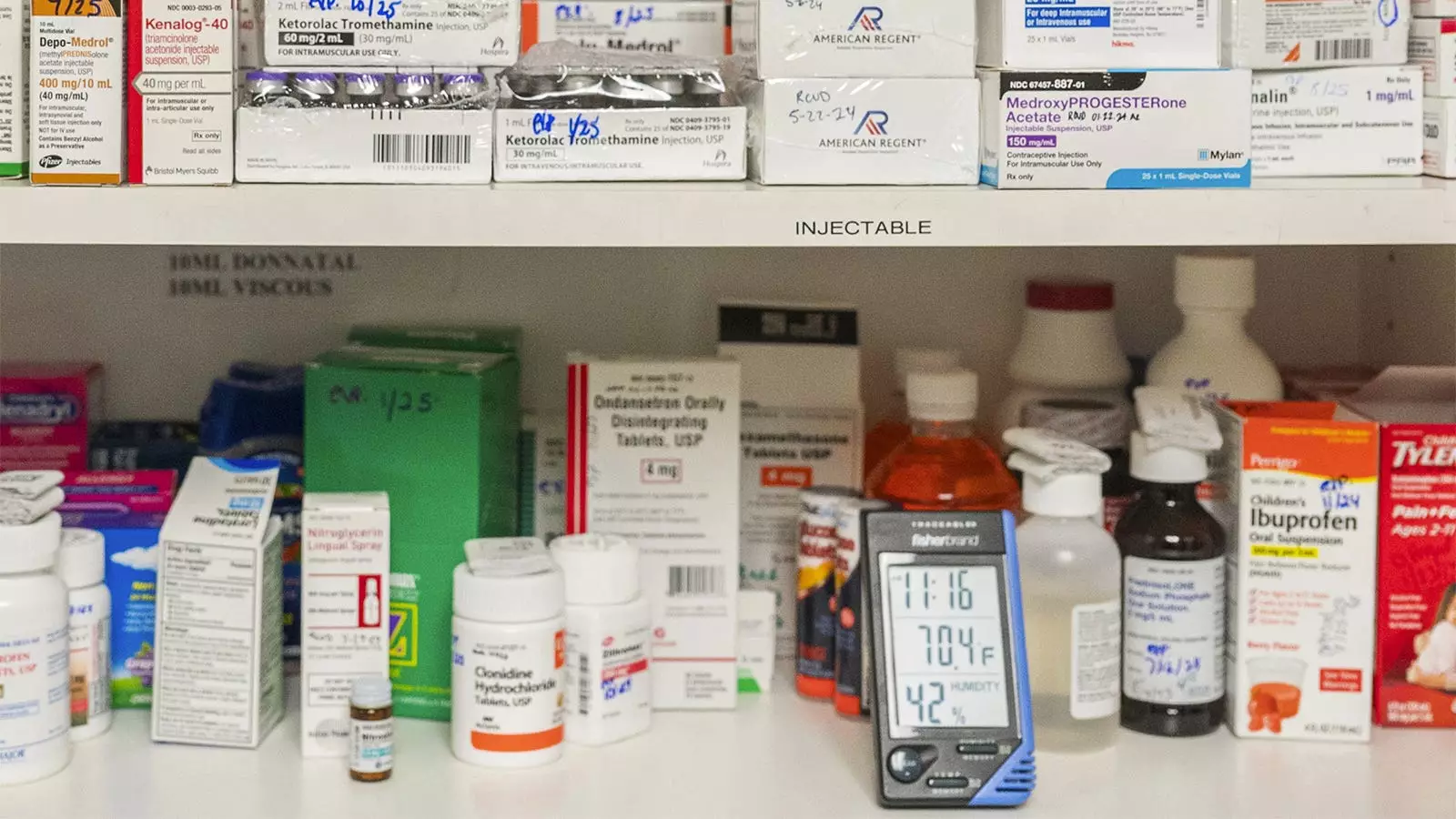Extreme weather events are becoming increasingly common, and as temperatures soar, we must be vigilant about the impact of heat on our health—not just from the direct effects of high temperatures but also from their interaction with medications. The relationship between high heat and pharmacotherapy is often overlooked, yet it poses significant risks to those who rely on medications for their well-being. Understanding these risks, the medications affected, and strategies for safe storage and usage can help mitigate health complications.
When exposed to extreme heat, many commonly prescribed medications can have exacerbated side effects, complicating their efficacy and safety. Notably, diuretics, which are often prescribed for high blood pressure, can lead to dehydration. As these medications work by promoting fluid loss, high temperatures can further intensify this effect, leaving individuals without sufficient hydration, which could induce serious health consequences such as heat stroke.
Beta-blockers, typically used to manage heart-related issues, are another class of medications that can be problematic in hot conditions. They limit blood circulation to the skin, which is crucial for effective temperature regulation. Patients taking these medications might not recognize the onset of dangerous heat-related symptoms because their body’s normal response to heat is muted.
Moreover, certain antidepressants and over-the-counter pain relievers like aspirin can also complicate matters. They may alter the body’s ability to cope with heat by influencing fluid balance, and their combined effects can exacerbate feelings of dizziness, increasing the risks of falls and fainting.
Beyond dehydration and impaired thermoregulation, certain medications can heighten the risk of severe skin reactions when exposed to sunlight. Antibiotics, antifungals, and specific acne treatments can make users notably more susceptible to sunburns and rashes. Healthcare professionals urge patients on these medications to take precautions, such as seeking shade and applying broad-spectrum sunscreen. Failure to do so can result in painful and damaging skin reactions, making the individual’s summer outdoor activities less enjoyable.
It’s crucial for patients to communicate with their healthcare providers about any risks associated with their medications, especially when planning outdoor activities during peak sun hours.
As summer travel plans unfold, ensuring that medications are stored correctly becomes even more critical. Medications should ideally be kept in a cool, dry environment to preserve their effectiveness. However, road trips and air travel can present unique challenges. Even if a medication does not require refrigeration, the interior of a car can heat up rapidly, affecting the viability of medications if they are left in an unregulated space like the trunk or glove compartment.
For those flying, it is advisable to keep medications in carry-on luggage. Checked bags can be subjected to extremely low temperatures, particularly in the cargo hold, which can compromise medications that have specific storage needs.
Many individuals rely on mail-order services for their prescriptions, posing challenges when it comes to temperature-sensitive medications. While pharmacies are responsible for ensuring medications are shipped safely, there are instances where deliveries can be exposed to damaging heat during transit, especially if left outside for extended periods.
Patients should be vigilant, ensuring someone collects their mail-order medications promptly if they know they will be unavailable to retrieve them. Reporting any observed compromises in medication quality, such as altered appearance or efficacy, should be done immediately to the pharmacy.
Moving forward, there remains a pressing need for additional research focusing on how high temperatures influence the efficacy and safety of medications. Current guidelines from the World Health Organization suggest caution, but many existing recommendations lack substantial scientific backing.
Experts advocate for a better understanding of which medications pose the greatest risks under heat stress. With climate-related extremities intensifying globally, identifying vulnerable medications will not only help guide healthcare providers and patients in managing risk but also shape public health responses to climate-related health challenges.
As temperatures continue to rise, it becomes crucial for individuals to be proactive about understanding the implications of heat on healthcare and to engage in consistent dialogues with healthcare professionals regarding their medication regimens. The combination of responsible medication management and heat awareness can empower individuals to navigate health risks more effectively.


Leave a Reply